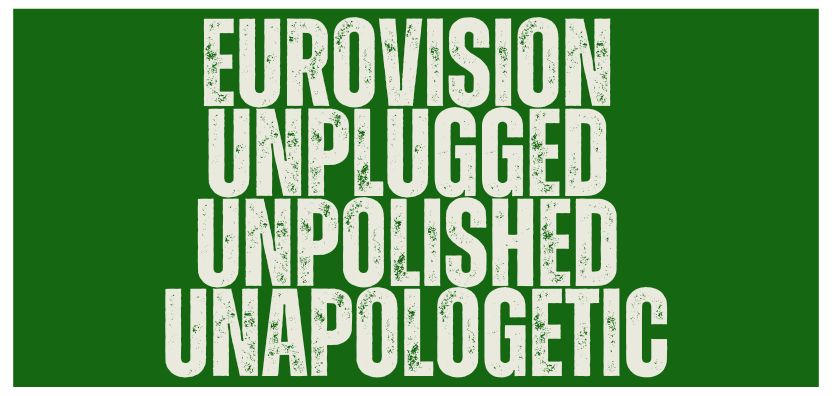
|
Getting your Trinity Audio player ready...
|
Fans will tell you it means precisely nothing because nothing short of the hanging, drawing and quartering of the vanishing Martin Osterdahl would placate some of them but, if you have been living under a rock for the last 24 hours, that internal investigation that the EBU set up has reported…. well the EBU have released some findings – but what do they mean, if anything?
Let’s ignore the fluff and the corporate and let’s get to the nub of the matters.
“Today, the EBU is announcing the conclusion of the independent review and the focus identified from the review. Following from the review, the EBU has identified three thematic areas to address the recommendations in the coming months to strengthen and protect next year’s ESC and all future events to ensure they continue to unite audiences. These are: EBU Governance and Participation; Safety and Risk Management; Audience Engagement, Fans and Media.
Actions already taken
To ensure we do not lose momentum, a taskforce of senior leaders across the EBU and its Membership has been appointed to oversee decision making and implementation of changes in the above areas in the coming months.”
OK, so that’s basically saying ” We hear you, and we’re actively going to do something about the areas that we have identified”
The independent review also found that there was a need to bolster the leadership team of the ESC to ensure operational bandwidth to manage an event of this scale. We have created a new role of ESC Director, which will report to the EBU Deputy Director General and Media Director. This will streamline the Executive Supervisor’s responsibilities to focus on ESC production, Heads of Delegations and Member relationship building, and day-to-day production issues.
This is actually pretty important. The Exec Supervisor role has changed dramatically since Meester Clifford Brown started back in the sixties, but the job spec has not kept pace with the demands of the modern contest. If things went wrong, it was always down to the Exec Supervisor, with assistance from the Television Committee and the Reference Group to make the kinds of decisions that the rules asked for and ultimately, the buck stopped with them. Also, they’ve had to deal with Fan media, real media, delegation pressures and “shenanigans” so it’s a logical step to divide the workload between the two roles.
The ESC Director will oversee the work of the existing Executive Supervisor and a new role entitled Head of ESC Brand and Commercial.
Because, let’s face it, the communications have been a complete and utter fucking shambles over the last twelve months, especially in the contest lead up the lack of press information (for ALL Press) was bordering on the zero. I mean you had to join a whatsapp group in order to get the press notifications about Joost and stuff, and the engagement for the rehearsals was done via Reddit? – It’s not 1999, apart from in the minds of those that run the show.
Thematic development areas:
EBU Governance and Participation
This area will look at: clarifying the decision-making responsibilities of the various EBU Governing Bodies as it relates to the accepted list of participants, ensuring a wide range of Member opinions are heard; the remit of the governing bodies, and the responsibilities of the ESC Core Team; and the role of the Heads of Delegations and responsibilities of Participating Artists.
They already had this codified in the current rules but rather than being proscriptive they were very much guidelines as to what to do and, when push came to shove, they were buried in the minutae of the rules, even AVROTROS didn’t know how it affected them when Joost. This leads on to:
Safety and Risk Management
This area will look at: improving understanding of the ESC rules across all stakeholder groups, including artists, with a focus on simplification, consolidation and improved accessibility; strengthening the existing ESC Crisis Management Protocols; and bolstering our security and cybersecurity provisions in light of increased needs.
You’d have thought that a key concept of a contest you are participating in would be to understand the rules that govern it, yes? – This is really a pointless statement and is the EBU shouldering the blame for something they did not control. I say this because as a broadcaster you are asked, and have been for several years, to sign a damn form saying you abide by the rules. If you don’t actually read them, or have a copy of them, and Joost accosts someone on a staircase, alledgedly, don’t be surprised if those very same rules come back to bite you. The rules are currently not accessable. They are there. but you have to know where to look for them and the public summary that eurovision.tv publishes only gives half a story. It’s a song contest, not a state secret, publish all the rules!
Ensuring a general-audience show and broad engagement
This area will look at: increased collaboration with fan groups, influencers, and media to build broader engagement based on ESC values; and ensure that the ESC continues to be an all-audience show appealing to a broad prime-time audience of all ages.
Finally, if true, increased collaboration. Not just ” Oh here, have a room and sit down and shut up”, but something more substantial. This also opens up the possibility of “toning down” some of the staging elements and bringing the contest back to an “All audience show”, something which I would personally welcome.
Just a few thoughts there for you!





